Diving deeper towards efficient battery management
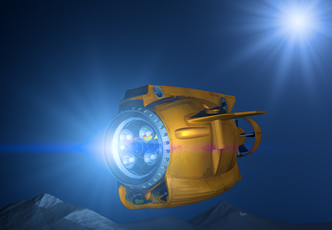
The completion of the first phase of a 24-month project has been announced by Steatite, to develop pressure-tolerant lithium sulphur (Li-S) battery packs that can improve the endurance and speed of ‘deep-dive’ autonomous underwater vehicles (AUVs).
Having demonstrated that Li-S cells can meet the demanding challenge of operating at depths up to 6,000m, the project can now move on to the battery development phase involving continued evolution of Steatite’s pressure-tolerant multi-chemistry Battery Management System (BMS).
The MAS (Marine Autonomous Systems) Consortium is a group of UK companies and academic partners led by Steatite and funded by Innovate UK and the Defence Science and Technology Laboratory (Dstl). The project, which is due for completion in October 2017, aims to exploit the potential of Li-S cell technology to surpass conventional lithium-ion (Li-ion) solutions, and will improve the capabilities of the scientific and defence vehicles used in applications across the marine and maritime community, including subsea structures, ROVs, profilers, buoys and submersible systems.
AUVs are energy-limited, which constrains their operational envelope meaning that speeds are usually low (2-4 knots) and endurance can be limited. By significantly increasing the energy available within the vehicle, this operational envelope could be expanded, thereby raising both speed and range. At the same time, as vehicles go deeper, the pressure vessels become excessively heavy and expensive and AUVs with internal batteries become limited by the fact that these batteries have to be recharged. The Consortium aims to produce a pressure-tolerant battery pack that delivers increased energy storage and that can be hot swapped to improve operational utilisation.
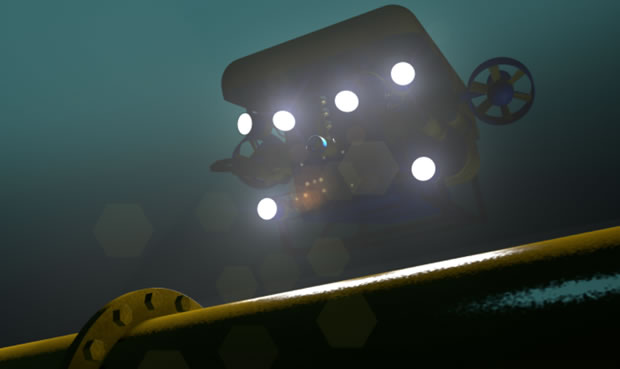
The first phase of the project was completed at the National Oceanography Centre (NOC) in Southampton and involved repeatedly testing Li-S cells at pressures and temperatures equivalent to undersea depths of 6,000m.
The results of the testing have demonstrated that the Li-S cells now deliver (almost) the same performance as at ambient conditions and that the effective Neutral Buoyancy Energy Density (NBED) is nearly double that of the Li-ion reference cells. Several cells have been used to perform life tests, and have now reached over 60 cycles for slow discharge, and 80 cycles of faster discharges.
Paul Edwards, Divisional Director at Steatite Batteries, commented: “The project is progressing well and successful completion of the cell development phase represents a significant milestone.”
Edwards concluded: “We are now entering the battery development phase involving continued development of Steatite’s pressure-tolerant multi-chemistry Battery Management System (BMS). The system will be demonstrated in a deep-dive submarine in mid-2017”.
Similar articles
More from Steatite Limited
- Diving deeper towards efficient battery management 16th November 2016
- Steatite Introduces the VIA VB8004 Mini-ITX board 7th June 2011
- New purpose-built facilities for Steatite 24th February 2011
- Steatite Celebrates 25 Years In Partnership With Iei And Introduces New Iei D525 Processor Range 4th November 2010

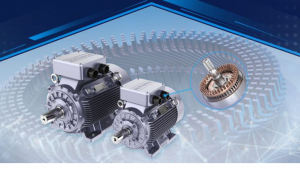
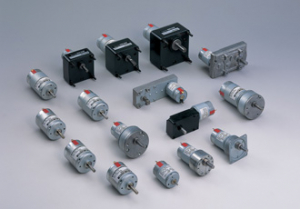
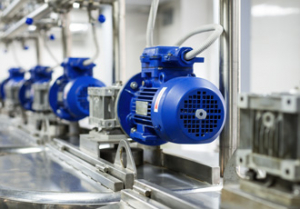
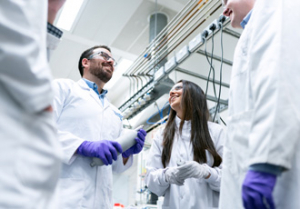







Write a comment
No comments